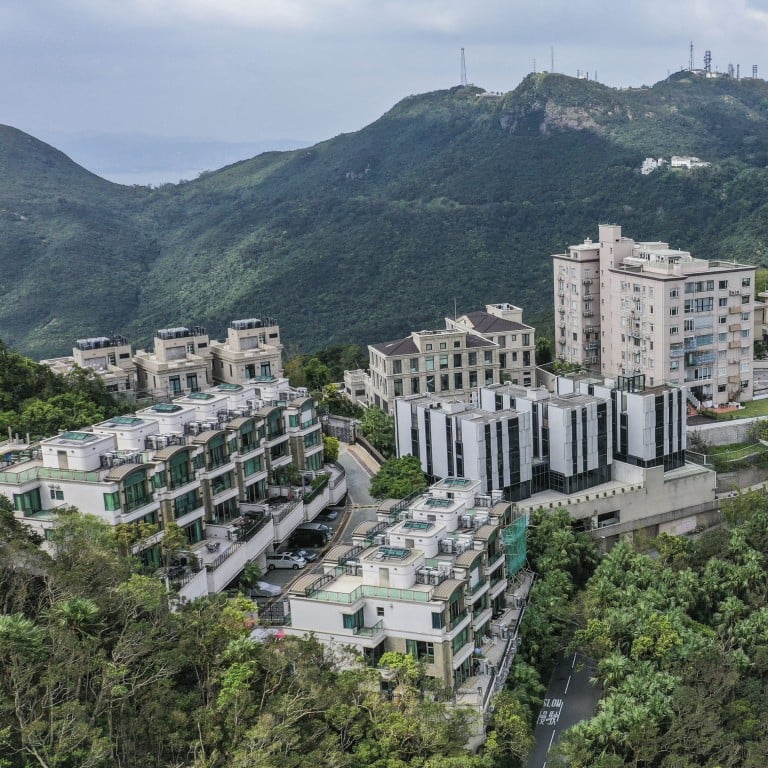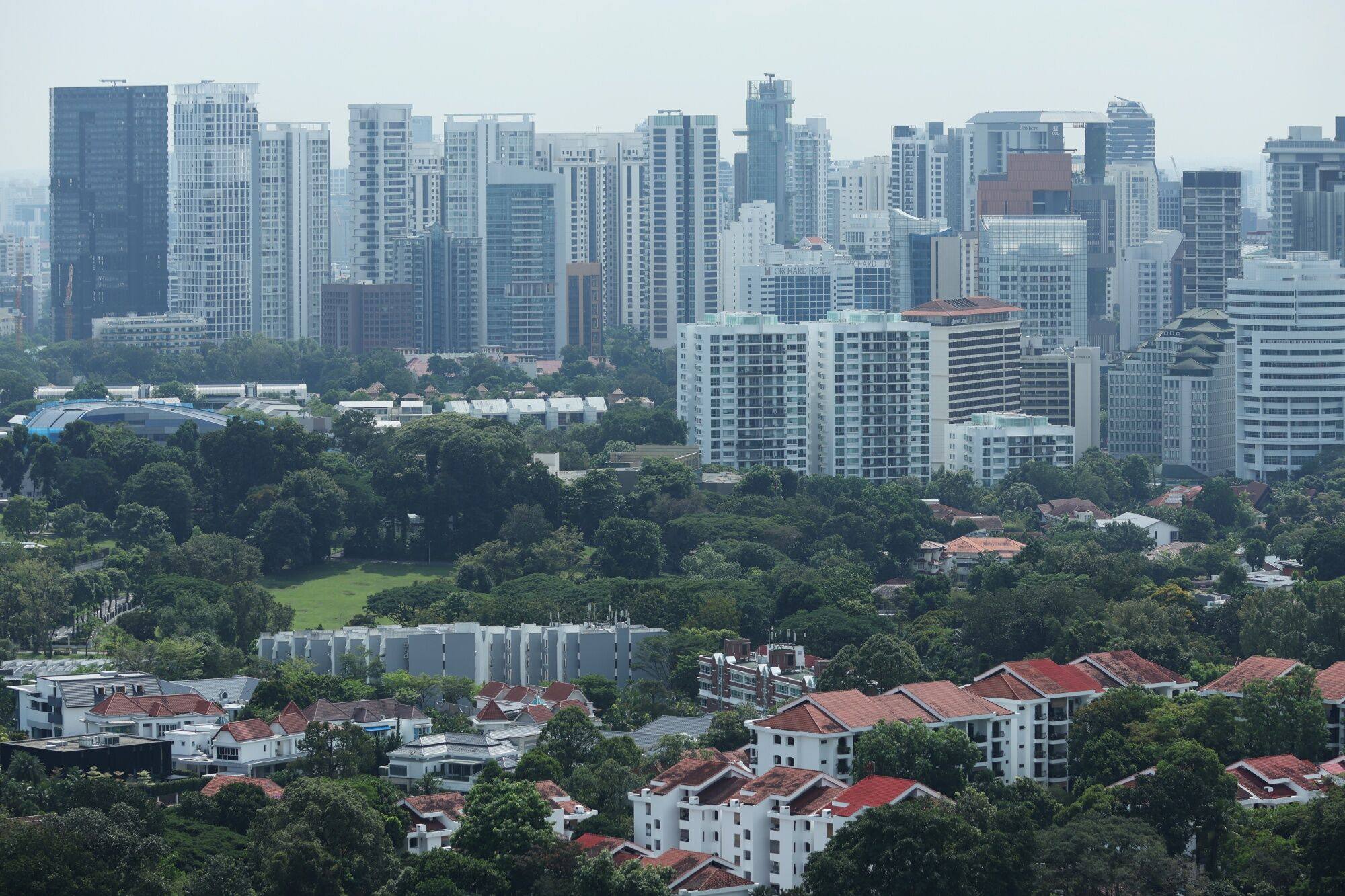
Hong Kong, Singapore prime property to see contrasting fortunes as luxury homes globally set to trend higher in 2024
- Luxury home prices are expected to rise by 0.5 per cent next year in Hong Kong, while they are expected to fall by 0.5 per cent in Singapore, according to Knight Frank
- Prime property prices in Hong Kong have fallen by about 2 per cent this year and risen by 5 per cent in the city state
The worst is likely over for the luxury property segment globally, with prime home prices set to rise more than previously anticipated, according to a report by Knight Frank.
“Our overall prime price forecast for 2024 has grown from 2.1 per cent to 2.5 per cent since our mid-2023 assessment,” said Kate Everett-Allen, head of international residential research at Knight Frank. Prime homes are defined as the top 5 per cent of the residential market.
Hong Kong’s prime home prices are likely to see an increase of 0.5 per cent next year following the city’s easing of some of its decade-old property curbs, according to the consultancy’s Global Prime Residential Forecast.

Prices in Singapore are expected to retreat by 0.5 per cent in 2024, as the city is one of two in the list of 25 tracked by Knight Frank likely to record a price decline. Edinburgh in Scotland could see a price drop of 3 per cent.
Prime property prices have lost about 2 per cent this year in Hong Kong, while in Singapore they have increased by about 5 per cent.
Hong Kong home prices may fall more, rebound hinged on US interest rate cuts
“Singapore has ramped up stamp duty for non-residents taking total purchase costs to around 60 per cent, [while] Hong Kong has moved in the opposite direction,” said Everett-Allen.
In October, Hong Kong’s Chief Executive John Lee Ka-chiu eased property restrictions in his second policy address, including halving buyers’ stamp duty to 7.5 per cent for non-permanent residents and residents buying a second or additional homes.
The special stamp duty of 10 per cent has also been waived for homeowners who resell their property after two years, from the previous three-year requirement. Eligible overseas professionals are also not required to pay stamp duty on home purchases unless they fail to become permanent residents.
Overall, Auckland is tipped to see the largest increase in luxury home prices next year, rising by as much as 10 per cent, according to the report.
Hong Kong home price forecasts too bearish, JP Morgan says
“This surge is best understood as a market correction, compensating for a previous peak-to-trough dip of 20 per cent,” said Everett-Allen.
As of November, global prime property prices had risen by 2.4 per cent, significantly higher than Knight Frank’s initial forecast of an average price increase of 1.7 per cent.
“On the demand side, with inflation receding and interest rate hikes entering their final chapter, buyer appetite has strengthened in some markets,” Everett-Allen said.
“Meanwhile, on the supply side, we’re seeing a reluctance among mortgaged households to move, plus high construction costs, persistent labour shortages and planning delays are collectively contributing to a shortage of new stock entering the market.”

